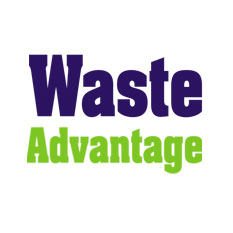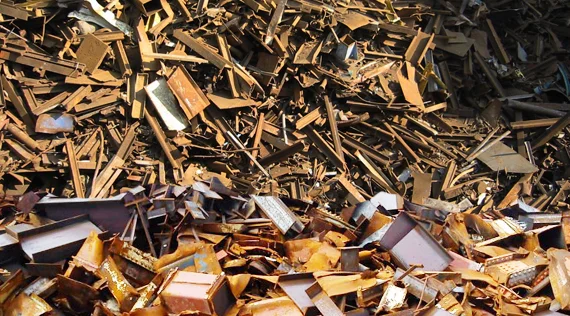King County, WA Invests in 14 Projects That Will Advance Waste Prevention, Reuse and Recycling
Waste & Recycling | 2023-03-16 00:17:35
Grant funds can go toward planning and development, implementation, or expanding an existing waste prevention, reuse, or recycling project.
SEATTLE (Waste Advantage): King County is awarding a combined $2.3 million to 14 projects that reduce waste and keep valuable resources in the economy and out of the landfill. Each project will contribute to Re+, King County’s new initiative to reinvent the region’s waste system to significantly cut greenhouse gas emissions by transitioning to a sustainable circular economy.
Examples include connecting BIPOC chefs and volunteers who are cooking meals for communities in need with surplus food to support their work, expanding furniture fix-it events, repurposing post-consumer coffee bags into reusable products, and increasing the capacity to remove and sell salvaged lumber from construction sites.
“We’re investing in innovative strategies, led by community organizations and local businesses, to create a more sustainable, equitable economy for our region,” said King County Executive Dow Constantine. “These grants will fund projects that help reduce waste and cut greenhouse gas emissions.”
“Investing in local businesses and organizations with promising waste prevention and recycling projects is a key part of meeting our Re+ goals,” said Andy Smith, King County Solid Waste Division Recycling and Environmental Services Manager. “The Circular Economy Grants will help get projects off the ground or help them expand further, keeping valuable materials out of the landfill and supporting local jobs in the process.”
The selected Re+ Circular Economy Grant recipients are:
- Wasat Community: Prevent food waste by connecting BIPOC chefs and caterers who cook for communities with surplus food.
- Impact Bioenergy Inc.: Strengthen markets for locally made biofertilizer and biogas by partnering with 25 local farmers. The project also supports planning work to expand their food waste processing plant on Vashon Island.
- Food Cycle Science Corporation: Divert food waste away from the landfill with in-home composting that creates a nutrient-rich soil amendment as a byproduct.
- Zero Waste Washington: Reduce landfill waste by providing support to food service businesses to transition from disposable to durable foodware for on-site dining.
- Zero Waste Washington: Expand furniture fix-it events in Seattle, Tacoma, and Kitsap County, extending the life of furniture through repair and refurbishment.
- Out of the Box Eco-Store LLC: Reduce packaging waste by developing a direct-to-consumer delivery system for refillable household and personal care products.
- Washington State University: Demonstrate the use of plastics in hot mix asphalt for highway construction in Washington, giving a second use to otherwise non-recyclable plastic.
- Refugee Artisan Initiative: In partnership with Starbucks, work to repurpose post-consumer coffee bags into reusable products. The work will provide jobs to 10 refugee artisans and keep single-use items in use longer and out of the landfill.
- Re-Use Consulting: Work with homeowners and smaller contractors to raise awareness of and demonstrate sustainable alternatives to landfilling demolition waste.
- Earthwise Architectural Salvage: Open a new retail warehouse and collection center for salvaged materials in the northeast area of King County, creating jobs and increasing waste diversion.
- Earthwise Architectural Salvage: Increase capacity to remove and sell salvaged lumber from demolition and construction sites.
- Delivery Stork LLC: Pilot a composting program using compostable diapers from King County residents and support planning for a large-scale permitted commercial composting facility to divert 5,800 tons of waste annually from the landfill.
- Ravel: In partnership with the Refugee Artisan Initiative, turn ripped, torn, or damaged clothing into new items for unhoused residents.
- South King Tool Library: Expand access to free tools and training resources by opening a second tool library location.
Grant funds can go toward planning and development, implementation, or expanding an existing waste prevention, reuse, or recycling project. Selected projects also demonstrated a focus on benefits for frontline communities that have often experienced the most direct impacts of climate change and other environmental challenges. “Re+ is not only about creating a waste system that is more environmentally sustainable, but also about creating a more equitable system that works for everyone in King County,” said Smith.
Courtesy: www.wasteadvantagemag.com
 By
By 